

Damion Smy
Ford posts its biggest loss since the Global Financial Crisis
3 Hours Ago

Senior Contributor
Australia’s hybrid car leader, Toyota, has killed off the car that started it all.
Toyota Australia has announced the local discontinuation of the Prius, following a successful 21-year stint as the first-ever Toyota hybrid to be offered in Australia, and second overall behind the first-gen Honda Insight.
The first Prius was introduced here in October 2001, laying the foundation for Toyota’s current leadership in the petrol-electric market that saw a record 65,491 hybrid cars sold in 2021 – almost a third of its total, and close to half of all its SUVs and passenger cars.
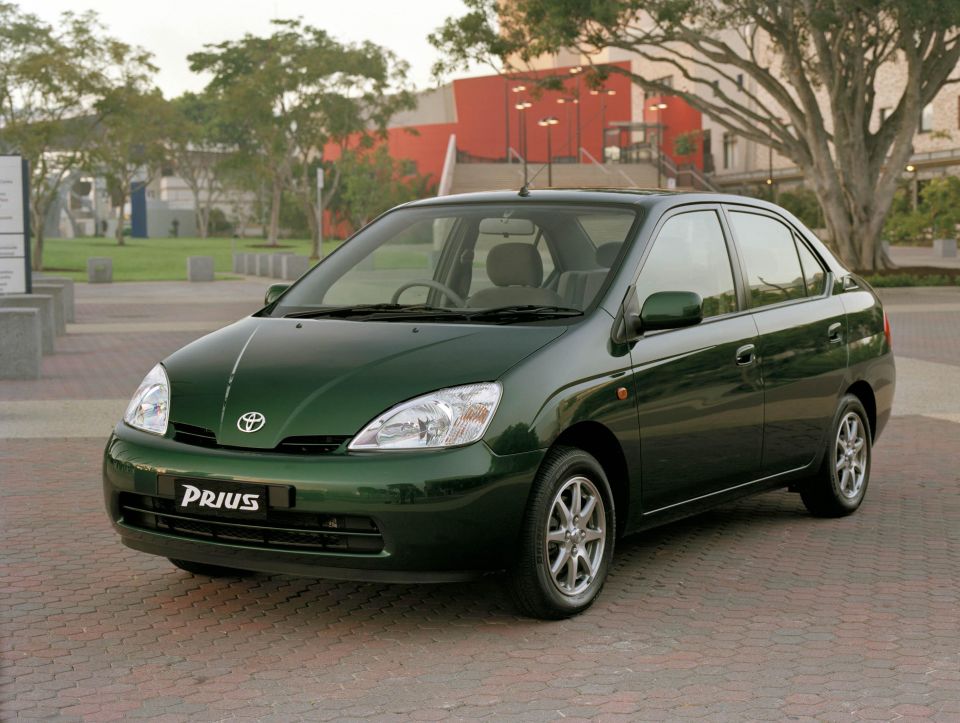

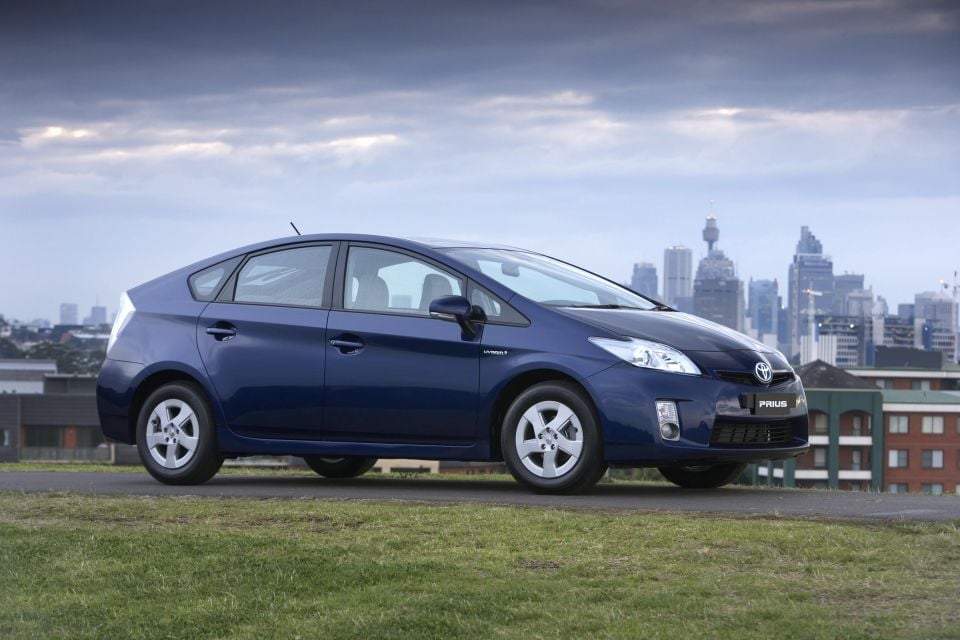

If ‘Toyota Hybrid’ were a standalone brand, it would have been seventh overall in the 2021 market between Mitsubishi (67,732 sales in 20921) and Nissan (41,263).
Over the journey Toyota has sold 20,847 examples of the Prius across four generations. Combined with the Prius C hatch (axed to make way for the Yaris Hybrid) and Prius V people mover (also now dead as of 2021) this has resulted in 35,947 total sales for the nameplate.
Toyota today sells hybrid versions of the Yaris, Corolla, C-HR, Yaris Cross, RAV4, Camry, and Kluger. In 2021, a claimed 72 per cent of RAV4s sold were hybrid, as were 84 per cent of Camrys, 51 per cent of Corollas, 65 per cent of Yaris Cross’, and 53 per cent of Klugers.

With price premiums over the non-hybrids of around $2000 to $3000, they’re a more attainable option than full EVs, and have the potential to pay back the difference with fuel savings in a few short years as we demonstrated here.
Yet with all these mainstream models doing so well, there’s been little interest in the quirky and expensive Prius for years now. Sales totalled just 77 units last year and 95 in 2020, making it Toyota Australia’s least-popular vehicle – excluding the fleet-only Mirai hydrogen FCEV.
Toyota Australia vice-president of sales, marketing and franchise operations Sean Hanley said the legacy of the Prius would “be carried on by other low-emission Toyota hybrids”.
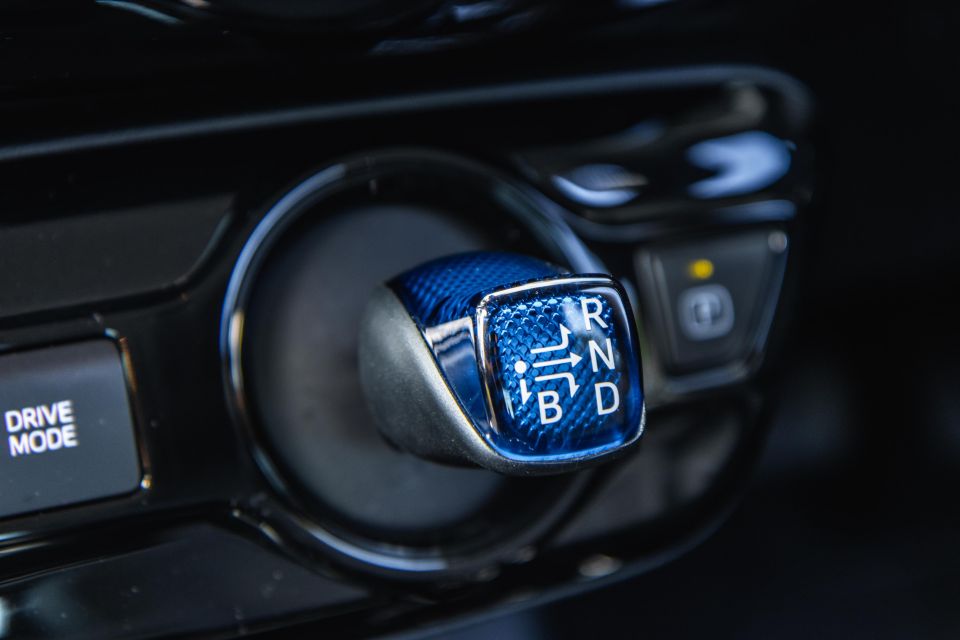


“When we launched the Prius in October 2001, it was difficult to predict the enormous impact that Toyota hybrids would eventually have on the Australian automotive landscape.” Mr Hanley said.
“In 2001, we sold just a handful of Prius cars, taking until mid-2018 to reach 100,000 Toyota hybrid electric vehicle sales and surpassing the 200,000 sales mark in 2021.
“The Prius blazed a trail by offering Australian motorists a more efficient and low-emissions motoring experience – traits that have resonated with buyers more and more over time. In fact, hybrid electric vehicle technology, in terms of market acceptance, was not an overnight success.
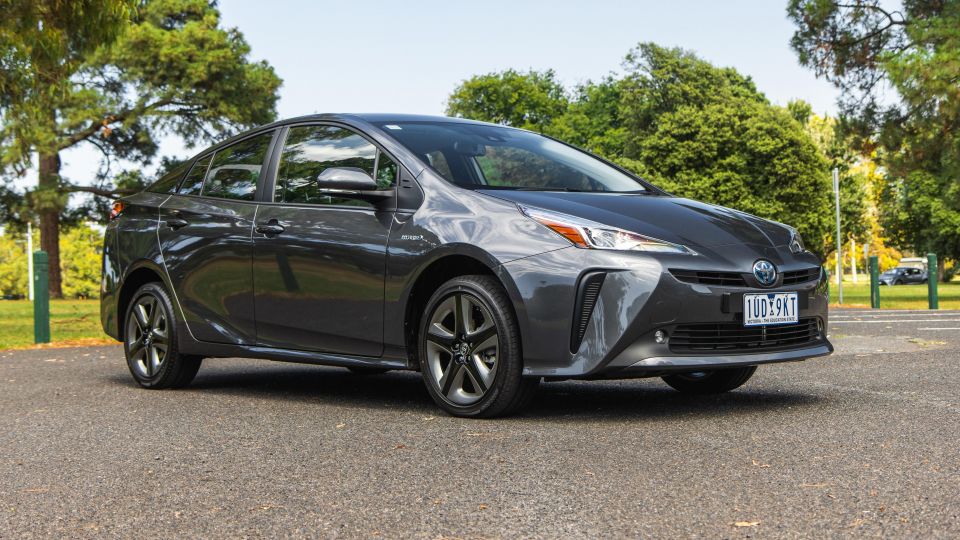
“It has taken more than twenty years, but it still forms an important part of Toyota’s electrification strategy.
“It recognises practicality, performance and affordability whilst reducing the CO2 footprint of our vehicles. It enables Australian customers to have access to a technology that plays an important role in not leaving anyone behind, as we forge a future towards carbon neutral mobility.”
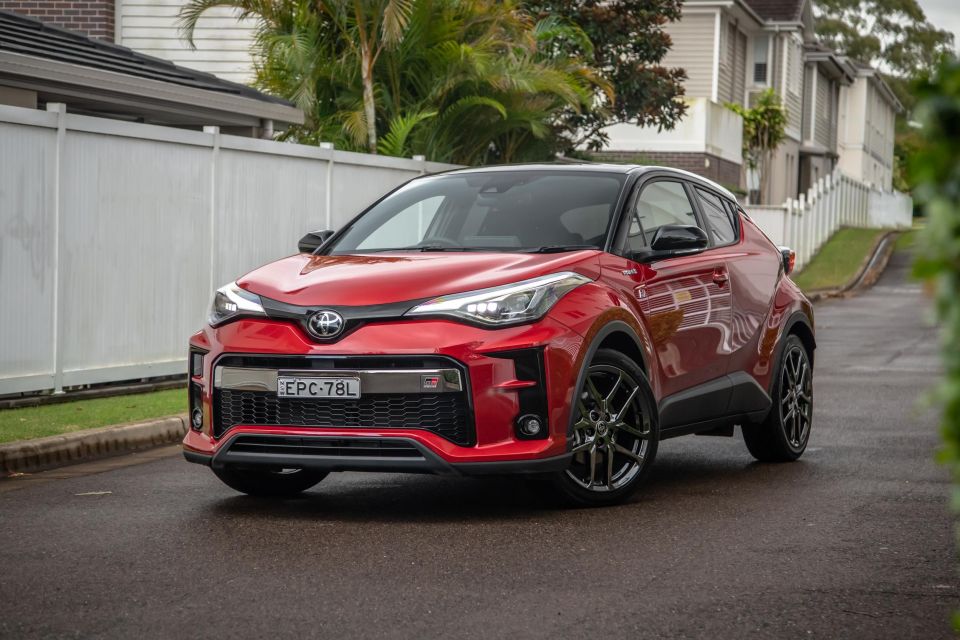
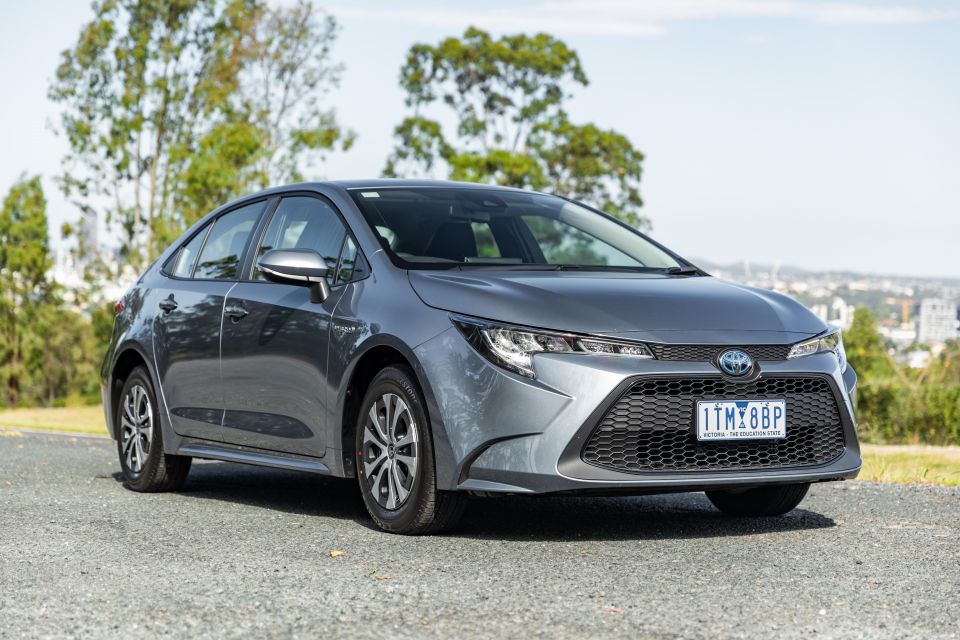


Toyota has positioned hybrid electric vehicle technology as a core technology for the company since 1997.
The Prius first launched in Australia with a 1.5-litre hybrid powertrain producing 53kW and 115Nm, teamed to a 33kW electric motor.
The second-generation version was launched at the 2003 New York International Auto Show, and by the time the third-generation version was released in 2009, the Prius had accounted for more than 1.2 million deliveries across 80 countries. And, South Park notoriety…
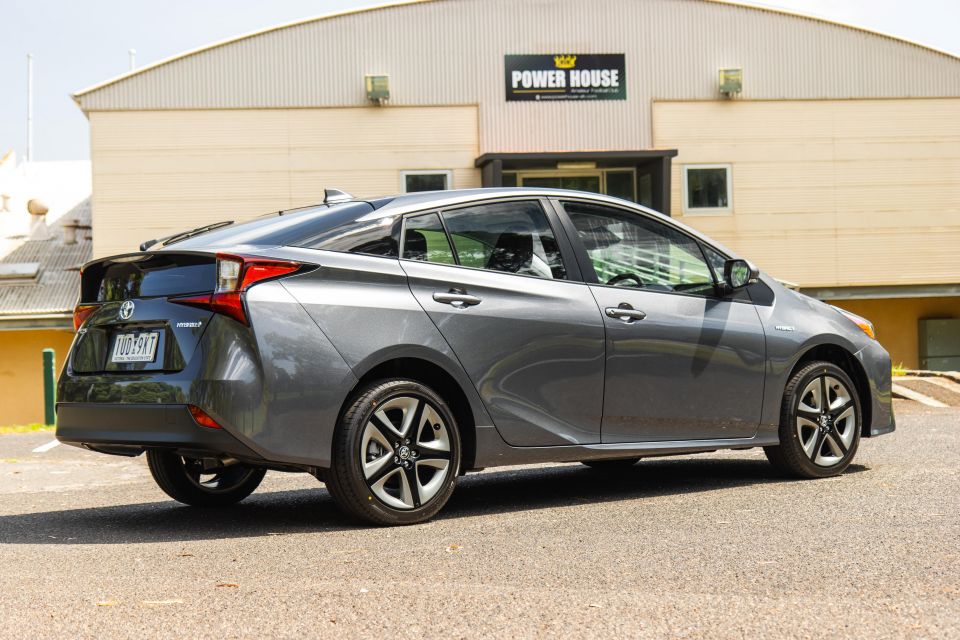
In 2012 the Prius family was expanded to include the new Prius C and Prius V, while the fourth-generation version launched in 2016. It also comes as a plug-in hybrid overseas, but not here.
Pushing beyond hybrid cars, Toyota president Akio Toyoda outlined TMC’s drastic acceleration in planned electric vehicle (EV) output, and the accompanying investment therein, last December – after the company was accused of being an EV laggard.
And to put an exclamation point on top, the ever-ebullient Mr Toyoda stood among an armada of concept Toyota and Lexus battery electric vehicles (BEVs) as he did.

The world’s biggest car maker now plans to offer 30 electric models globally by 2030 in passenger and commercial segments. That’s beyond the 15 by 2025 it pledged earlier last year.


Damion Smy
3 Hours Ago
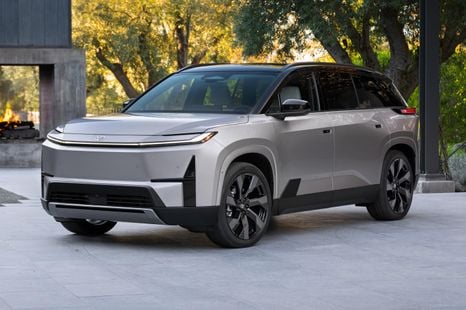

Damion Smy
4 Hours Ago
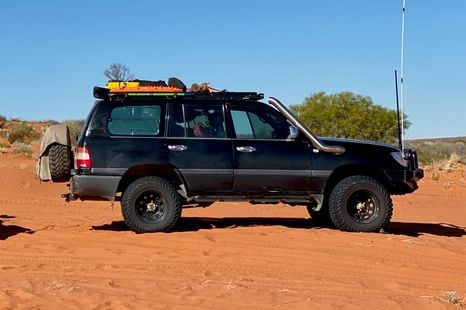

Ben Zachariah
6 Hours Ago
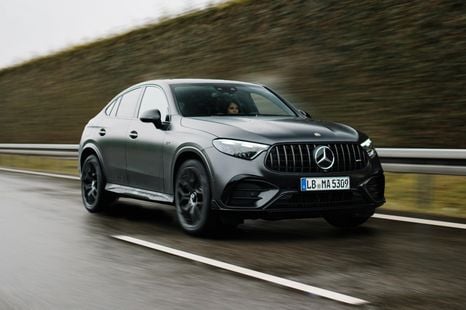

William Stopford
7 Hours Ago
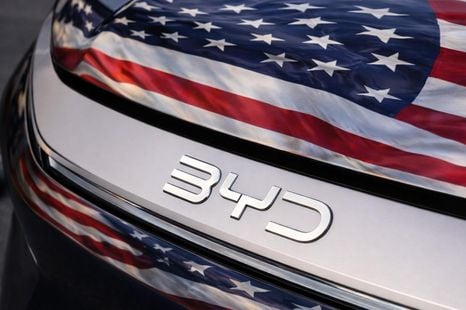

Damion Smy
9 Hours Ago
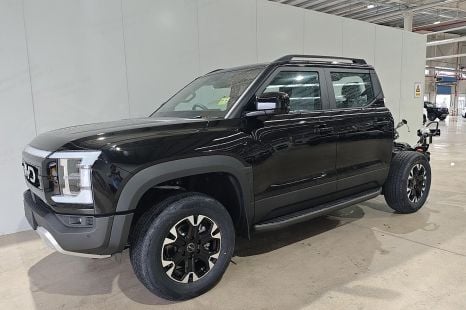

William Stopford
10 Hours Ago
Add CarExpert as a Preferred Source on Google so your search results prioritise writing by actual experts, not AI.